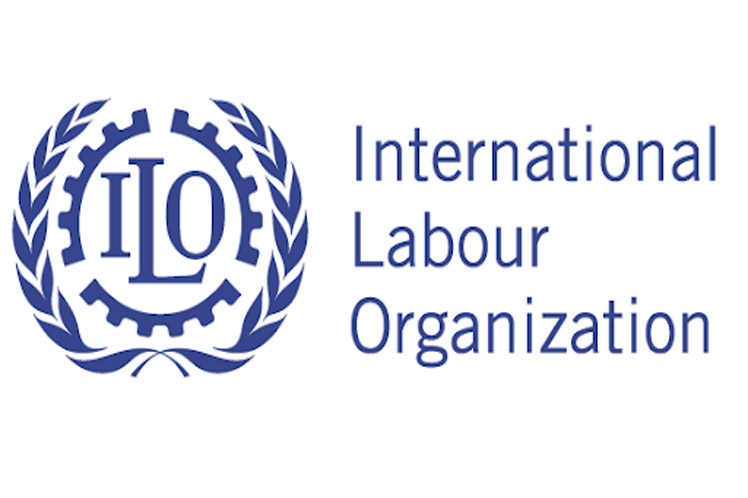Migrant workers were the first ones to experience the economic impact of the pandemic, said the new ILO report: Locked down and in limbo: The global impact of Covid-19 on migrant worker rights and recruitment.
ILO has said that migrant workers have been also targets of discrimination and xenophobia, many had their employment summarily suspended or terminated as the virus spread, leaving them without a source of income.
Some employees were stood down without pay, while others had their hours or rates of pay reduced, or were required to go on leave. Others were not paid for work they had done, in violation of the terms of their contracts.
Migrant workers often found themselves stranded due to lockdowns and border closures. Others were suddenly repatriated, without operational systems and protocols in place.
In some instances, public health law was used to justify their expulsion. Returnees were then often stigmatized and subject to long periods of compulsory quarantine because they were considered to be carriers of Covid-19.
In addition to losing their jobs, migrant workers were also often directly or indirectly excluded from COVID-19 social protection packages made available to national workers, such as basic healthcare and income security measures against sudden job and wage losses.
Unemployed, unable to leave and without any kind of help, many migrant workers incurred additional debt and lost savings, which they used to cover basic living costs for themselves and their families or to try to return home. Debt has financial, social and psychological implications for the re-integration of returnees, the report says. Migrants who return home after a “failed” migration can face threats, abuse or violence by moneylenders.
To prevent the pandemic from further aggravating the already precarious situation of migrant workers, the ILO report calls for protecting migrant workers´ rights and recommended they be included in all health and recovery packages and services related to Covid-19.
mh/pll/msm/crc










